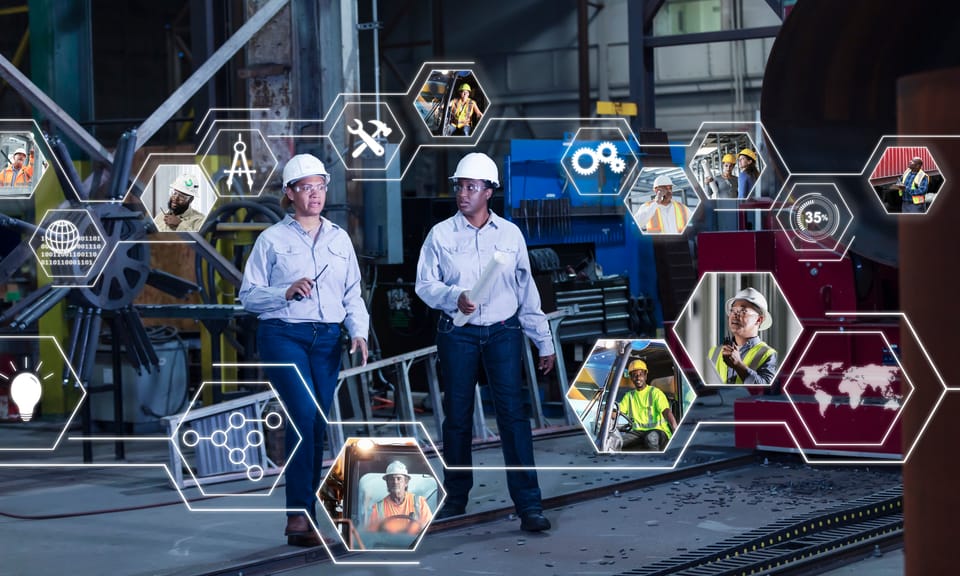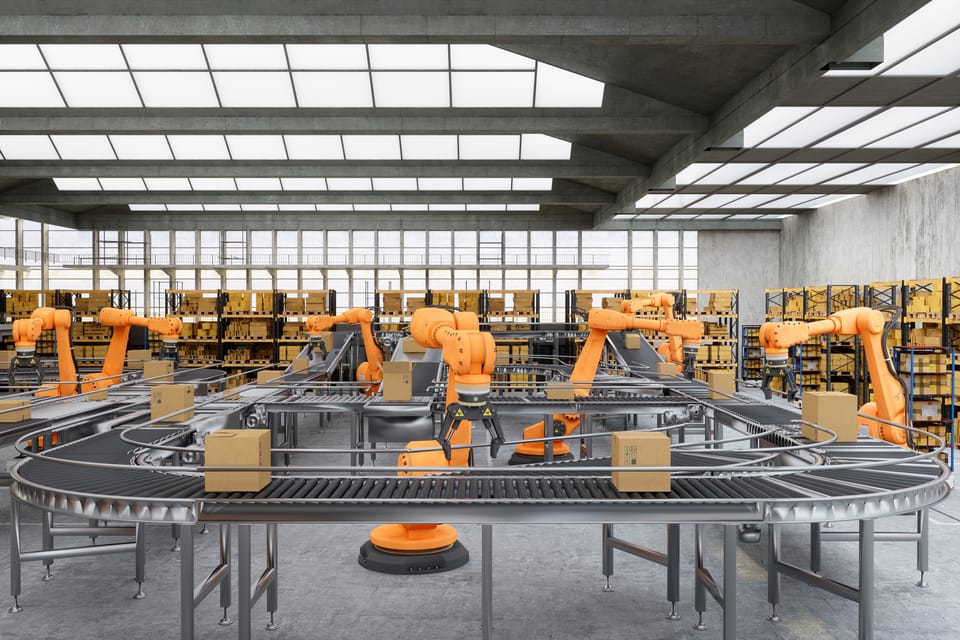🌎 Green Skills #1
HolonIQ is tracking reskilling and upskilling efforts as technology, decarbonization, and global dynamics reshape energy, environment, infrastructure, and mobility sectors. Targeted workforce development is key to enhancing skills, driving growth, and supporting sustainable progress.

The global labor market is rapidly adapting to the rise of green industries, with governments and organizations launching initiatives to address workforce gaps. In the UK, a shortage of 500,000 skilled workers threatens clean energy expansion, underscoring the need for large-scale reskilling. In the Philippines, Project SustainABILITY aims to train 12,000 students in sustainable construction, transportation, and agriculture, equipping them for emerging green jobs. Meanwhile, the US Department of Labor approved new National Guidelines for Solar Apprenticeships, standardizing training and expanding workforce pathways in the growing solar sector.
As green industries accelerate, strategic policies and training programs are critical to building a workforce capable of driving the transition to a sustainable economy. In our charts spotlight today, we highlight the changing dynamics in the Energy workforce. As countries ramp up renewable energy generation, the share of the workforce that needs to be upskilled and reskilled will increase exponentially, requiring significant initiatives and programs to ensure continued generation as well as continued employment for individuals whose jobs will become obsolete.
Thanks for reading!
Not a subscriber yet?
Green Labor Market Trends
⚡ Britain risks clean power skills shortage. The UK could face a shortage of skilled clean energy workers as the country ramps up spending in the sector in the coming years. Approximately, 500,000 more workers will be needed for energy jobs over the coming years as the Government tries to decarbonize the power grid by 2030 and reach net zero carbon emissions across the country by 2050.
📝 Europe to face labor shortage in construction, healthcare, IT, and others in 2025. A recent report from the Cedefop Labour and Skills Shortage Index (LSSI) revealed that nearly every sector in Europe will experience significant labor shortages in 2025 and will continue into 2035, with three main factors behind the shortages: employment growth, retirements, and imbalances in supply and demand.
☀️ Talent shortage threatens Philippines’ renewable energy expansion, industry group warns. The Philippine Solar and Storage Energy Alliance (PSSEA), a coalition of solar industry stakeholders, issued a warning this week that the country is facing a looming shortage of skilled talent as demand for workers in the rapidly growing renewable energy sector, particularly in solar and storage, intensifies.
Sweden and Poland Leads Renewable Sector Workforce Growth

♻️ Most countries indicate a positive CAGR in renewables, indicating an accelerating shift to clean energy, with Poland and Sweden exhibiting the highest growth.
🛢️ Many countries, especially Mexico, show negative or minimal growth in the oil and gas sector, hinting at a declining workforce share.
🪨 Countries like Spain and the UK show growth in both sectors, highlighting the challenge larger economies are facing in de-coupling from fossil fuel reliance while Indonesia and Germany show a higher skew towards Oil & Gas.
🏞️ The data emphasizes the increasing demand for clean energy and a projected decline in traditional oil and gas demand, signaling a need for significant initiatives to reskill and upskill labor in this sector to ensure continued employment.
Upskilling/Reskilling Intiatives
🏗️ CEBU Launches Green Skills Training to Tackle Climate Change and Unemployment. A new green skills initiative, Project SustainABILITY, has been launched in Cebu, Philippines, aiming to train 12,000 students in sustainable industries over two years. Led by ASSIST with TESDA and J.P. Morgan’s support, the program equips technical-vocational institutes to address workforce gaps in construction, transportation, and agriculture. With the green sector expected to generate 5.1 million jobs by 2025, the project enhances sustainability-focused training, ensuring students gain vital skills for emerging green jobs.
⚡ Germany Expands Indo-German Skills Program to Tackle Workforce Gaps. Germany is ramping up its collaboration with India to address a projected shortfall of 350,000 skilled workers for its energy transition by 2030. The Indo-German Green Skills Programme, backed by $3.12M, will establish 12 vocational training programs in four Indian locations, focusing on solar and electric mobility. Training is tailored to German and Indian standards, facilitating smoother migration and skill recognition. Germany may raise skilled labor visas from 20,000 to 90,000 annually.
Policy Initiatives
☀️ Department of Labor Approves Solar Apprenticeship Guidelines to Expand Workforce. The US Department of Labor has approved National Guidelines for Registered Apprenticeship Programs, aligning solar workforce training with federal standards. Developed by SEIA, IREC, and MREA, the guidelines help companies create high-quality programs under the Construction Craft Laborer occupation. With 280,000 solar jobs, the initiative aims to standardize training, ensure fair wages, and expand workforce pathways through the ACE Network and IREC toolkit.
Like getting this newsletter? Request a demo for unlimited access to over one million charts
Thank you for reading. Have a great week ahead!
Have some feedback or suggestions? Let us know at hello@holoniq.com




